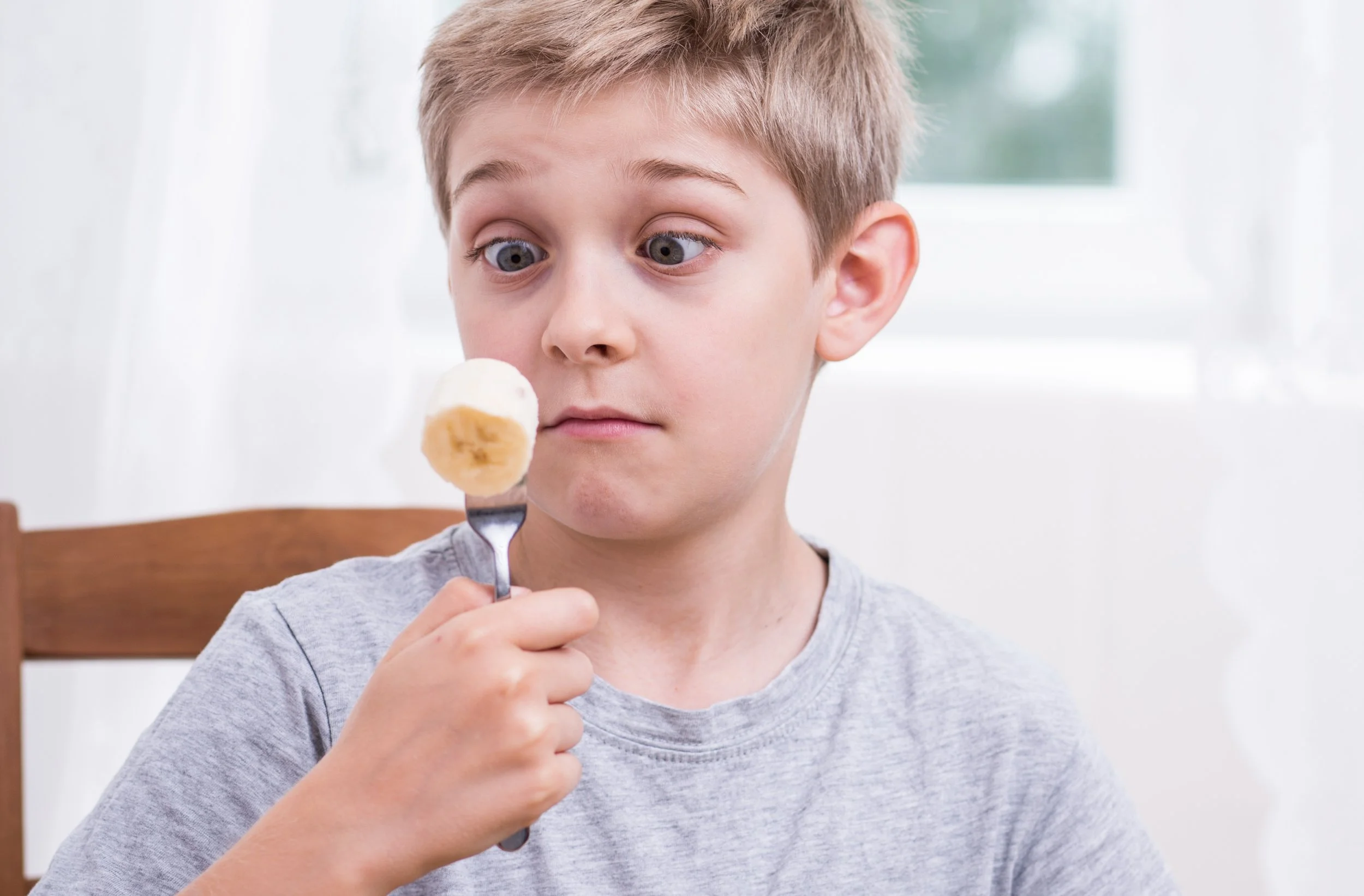There's no place like home for the holidays. But what happens when boredom sets in and screen time arguments begin? Check out these useful tips from Dr. Becky of Parents.com on managing kid’s screen time.
5 Halloween Challenges for Kids with ADHD
Halloween is exciting. It’s also noisy, chaotic, and full of distractions. These are challenges for kids who struggle with focus and self-control, like kids with ADHD. With a little planning, though, you can limit problems without limiting the fun for your child. Here are common Halloween challenges for kids with ADHD, and how to help.
How to Avoid Passing Anxiety on to Your Kids
ADHD and Depression
ADHD doesn’t cause depression, but the two conditions often occur together. Kids with ADHD are much more likely to be depressed than kids who don’t have ADHD. That’s especially true as they hit the teen years.
Why do these conditions often co-occur? One reason is that ADHD can create a lot of challenges for kids, and those challenges can lead to depression. School and behavior problems can wear down their self-esteem. Trouble with social skills can make them feel isolated.
How to Make Holidays Better for Kids
Tips for keeping kids happy and able to enjoy the fun, by Rachel Ehmke and the Child Mind Institute.
Why Ages 2-7 Matter So Much for Brain Development
Strategies to Make Homework Go More Smoothly
Here is the best guide to helping kids do homework successfully that we’ve seen, published by the National Association of School Psychologists on their website, NASPonline.org. Our thanks to NASP and the Child Mind Institute for sharing it with us.
Incorporate Nutrition Into Your Child’s Sensory Diet
A “Sensory Diet” incorporates activities throughout the day which provide “food” for the brain and help to create a healthy neurological sensory processing system. A sensory diet rich in movement and touch experiences can facilitate improved cognition, organization of behavior, and more accurate interpretation of sensory information.
Ways to Deal With a Picky Eater
Helpful Tips on Children and Sleep
Change is hard at the beginning, messy in the middle, & gorgeous at the end
25 Ways to Ask Your Kids ‘So How Was School Today?’ Without Asking Them ‘So How Was School Today?’
Instead of asking “How was school today?”, here’s a list of more engaging questions to ask your child. They aren't perfect, but you might at least get complete sentences, and some have led to some interesting conversations... and hilarious answers... and some insights into how your kids think and feel about school.
How Anxiety Leads to Problem Behavior
The symptoms of anxiety that most of us think of are clinging to parents, avoiding things or being very shy. But problem behavior can also be a symptom of anxiety. That’s because some anxious children feel an overwhelming need to get out of the situation that’s making them uncomfortable. That behavior may look like anger or defiance. Learn more about what kinds of help are available for anxious kids who act out…
For Young Kids, The Power of Play-Based Learning
How to Separate From Clingy Kids
Walking away when your child doesn’t want you to go feels terrible. Kids make it pretty clear that they don’t like it, either. Their tears, pleas and clinging hands stay with you even after you’ve said your goodbyes.
A clingy phase is something many parents face in the early years. It’s a typical stage of development that tends to start when kids are still babies, around age one, says Stephanie Schwartz, PsyD, a clinical psychologist at the Child Mind Institute. “It really reflects the fact that babies have developed strong attachments with their caregivers,” Dr. Schwartz explains.
How to Help Picky Eaters
Don't force them, but do find ways to help them feel good about trying new tastes. Picky eating is one of the most common complaints among parents. It’s the rare child who eats anything and everything, gamely taking on new vegetables, foreign cuisine, and walnuts in brownies. Instead, most kids (like most adults, only moreso) find some foods unpalatable. Vegetables are a frequent offender; processed desserts and chips typically aren’t.
Picky Eating: What’s Normal and What’s Not
Lots of kids are picky eaters. Often, they grow out of it. But sometimes picky eating becomes a real problem. Kids can eat so little or so few different foods that it starts to affect their health or their daily lives. And it’s frustrating for parents. Kids with a serious aversion to many foods may need help with food habits and overcoming avoidance.
When Parent and Child Both Have ADHD
Treatment for mom or dad may be important for the kids, too. “We know ADHD is highly familial,” explains Mark Stein, a clinical psychologist and director of the ADHD and Related Disorders Program (PEARL Clinic) at Seattle Children’s Hospital. “That means 25 percent of the parents of kids we diagnose are going to have it.”
How to Avoid Passing Anxiety on to Your Kids
What a Child’s Anger Might be Telling You
Most kids get angry sometimes. It’s a natural reaction when life feels hard or unfair. It’s also natural for the adults in charge to feel conflicted when it happens. They can feel irritated and want to help at the same time.
Anger is often a sign that kids are struggling with or frustrated about things beyond their control. They don’t react this way on purpose. It happens because they don’t yet have the skills to identify and cope with strong emotions.

















